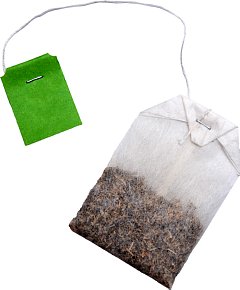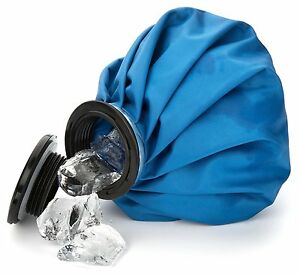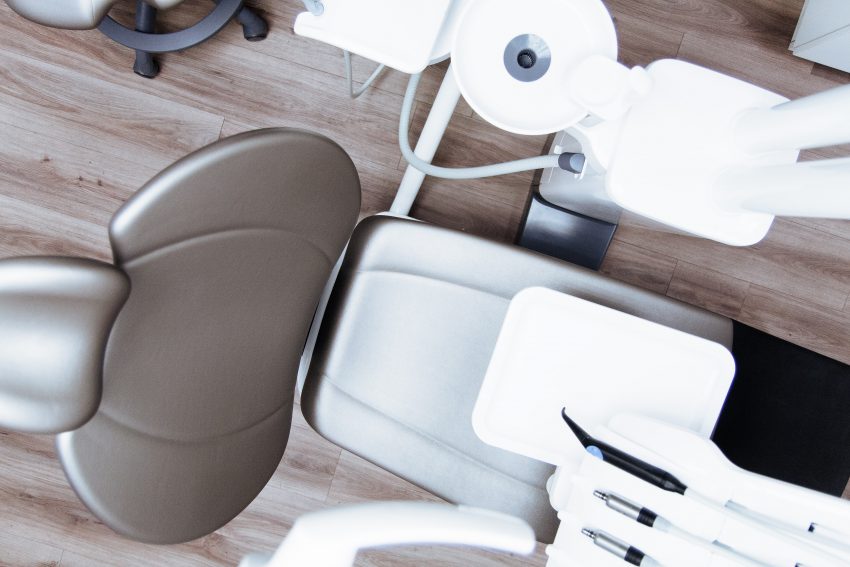Tooth extraction, or the removal of a tooth, is a common procedure for adults, even though their teeth are meant to be permanent. If you’ve had a tooth removed, these could be the reasons why:
- Tooth infection or decay
- Gum disease
- Damage from trauma
- Crowded teeth
When you’ve had a tooth removed, it is important that you take proper care of your mouth. Doing certain things, even on the first day, may help you feel better and recover faster.
Controlling the bleeding

The sight of blood is normal on the first day of extraction. You can control the bleeding by biting firmly on the gauze placed by your dentist. The pressure helps to form a blood clot in the tooth socket. If you have a lot of bleeding, you can use a regular tea bag. The tannic acid in the tea aids in forming a blood clot. Bite on the gauze or tea bag until the bleeding stops.
Minimising the pain

Pain is also normal on the first day of extraction; however, you can reduce it by taking the prescribed medicine as directed. Avoid driving while taking any pain medicine as it may make you feel drowsy. If the pain continues, ask your dentist if it is alright for you to take over-the-counter medicine, if needed.
Reducing the swelling

Tooth extractions can sometimes cause slight swelling. You can apply an ice pack on your cheek near the extraction site to reduce the swelling. Apply the ice pack for at least 10 minutes. Remove it for 5 minutes. Repeat as needed. You may notice a slight bruising but it is normal and will go away on its own.
Get enough rest

Tooth extractions can also cause discomfort as a result of the pain. Limit your activities for the first 24 hours after an extraction. It is recommended that you rest during the day and go to bed early. When lying down, raise or elevate your head slightly.
Doing these things can help you heal faster after a tooth extraction. However, there are some things you should and shouldn’t do to make your recovery a comfortable one:
- Do eat a diet of soft, healthy foods and snacks
- Do take plenty of liquids and stay hydrated
- Do brush your teeth gently and rinse your mouth 12 hours after the extraction
- Avoid drinking with a straw as it may dislodge the blood clot
- Avoid drinking hot liquids as it may increase swelling
- Avoid consuming alcoholic beverages as it may slow the healing process
- Avoid smoking as it may break down the blood clot and cause a painful tooth socket
If the pain has not subsided after a few days, get in touch with your dentist. You should also see your dentist if:
- Pain becomes more severe
- Bleeding becomes hard to control
- Swelling around the extraction site worsens
- Itching or rashes occur after you take medicine
